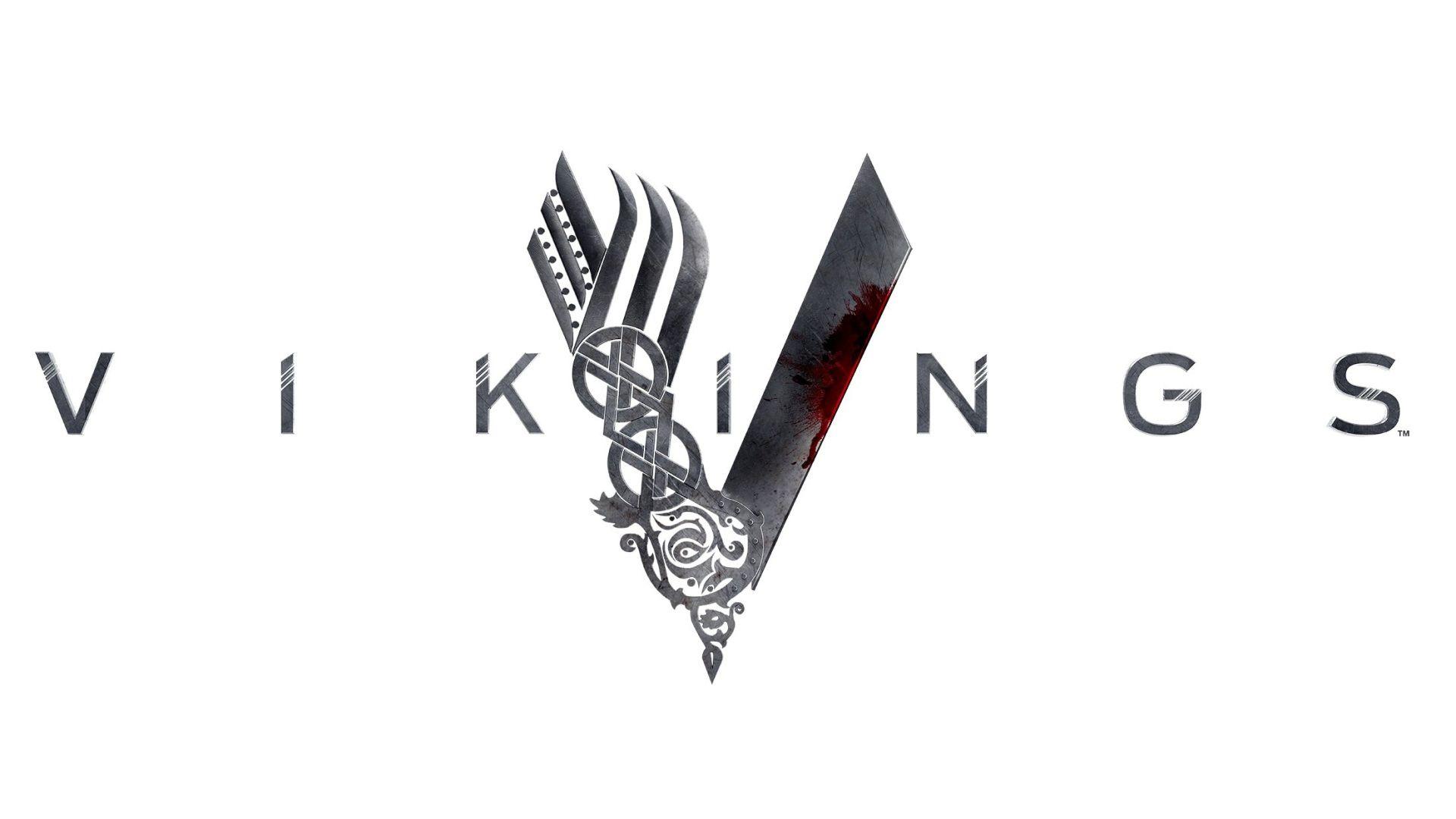In the second week of March 2020, both of my booked trips had been canceled. I was being grounded in Lebanon as the Covid frenzy was taking off. During the lockdown, I had to work from home and I decided on one of those late afternoons to check my Netflix to watch list. Vikings was on top of it, as it had caught my eye, its last aired season having also been advertised a couple of weeks earlier.
Categorized as a historical drama, the series recounts the sagas of Ragnar Lothbrok, one of the most notorious Norse heroes who terrorized England and later on France as well. Events are not always accurate chronologically throughout the plot. In this series, which kicks off in the 8th century, Ragnar is portrayed as a simple farmer, married to Lagertha, a son, and a daughter. The family lives on the outskirts of Kattegat. Returning from battle, the Viking warrior is obsessed with exploring new lands in the West. With some local adventure seekers, his brother Rollo, and his friend Floki, the shipbuilder, Ragnar leads the first Northumbrian raid. It is a blatant success and a monk, Athelstan, is brought back and will play a key role in the next episodes. Ragnar's dream is an expansionistic vision for the incursions on English soil as wishes to create a settlement there, where the lands seemed more favorable for farming. Athelstan, who is well-traveled, proves to be useful in providing intelligence on many English and other European customs and history, all while discovering tales and customs of the Nordic pagan society of which he is really curious. Ragnar's thirst for knowledge will prime his own beliefs throughout the different seasons and will contribute to creating the image of a Viking like no other.
The episodes depict how matters of faith, family, lineage and brotherhood, lifestyle, and politics are dealt with. Challenges are not only of personal order. They are at times mystical, spiritual, or simply societal. One of the strong stages takes place when Ragnar and his followers go to attend a ceremonial celebration at the temple of Odin in Uppsala. Athelstan denies Christ three times but he doesn't renounce his Christianity, which saves him from being sacrificed to the gods as originally intended. The scenes of the human and animal sacrifice are actually intense, and the accompanying music is particularly poignant. The set is perfectly eerie, even if some critics point out that the temple is shown as a medieval North-European church in its design. The various stories expose treacheries and alliances, plots, and conspiracies. Ragnar governs a bunch of unruled warriors, and sums up his way of operating to his son Bjorn when he advises him: "you must lead with your head, not your heart". The legacy of Ragnar Lothbrok will keep the audience interested in the storyline. The narrative will unravel the rivalries between Ragnar's sons and how his son Ivar will capture Kattegat and enact his despotic regime. The last aired episode of season 6 reproduces the epic battle between the Rus forces, led by Ivar and his new ally Igor, and the Scandinavian fighters. The fighting scenes are quite vivid and one is kept wondering, who survives the carnage? Season 6 had been planned to span over 20 episodes like seasons 4 and 5. It is not sure when episode 11 will broadcast but the creator admits that he wants the fans to await unexpected occurrences in the chronicles.
This series appealed to me foremost because Norse mythology intrigues me. It illustrates a civilization that many of us perceive as simply barbaric in a more structured and humane way. The Nordic people are led by honor and care about their reputation, like many others. They are fearless when facing death, believing in a pleasurable and enjoyable afterlife in the Hall of Odin, called Valhalla. The clashes with the Christian peoples of the time are compelling. Especially, when it comes to the concepts of nature and/or the godly and their relationship to the mortals that the human race is made of. The representation of their iconic leader, Ragnar, is captivating. He is believed to be a direct descendant of Odin and becomes close to the viewer's heart because he mostly remains calm and thinks/ponders ahead of taking action, sometimes to the dismay of his folk. The relentless wanderlust of the Vikings, who are skilled sailors, speaks to my soul with their avid quests to explore new shores and new horizons. The equality of rights between the genders is unequaled at the time. The role of women is not constricted to the breeding of heirs and remaining in the kitchen or plowing the fields. Lagertha is an enviable and cunning shield maiden who can very well handle aggressors, even at her advanced age. The costumes exhibit the evolution throughout the decades, Kattegat evolving from a poor community of farmers to a richer trade center, acquiring not only riches in silver, gold, and fabrics but also adopting new tools and artifacts. It is worth noting that the Vikings did not wear the horned helmets as popular conception emerged ever since Richard Wagner's Ring of the Nibelung staged in 1870, which is several centuries after the Golden Era of the Vikings. If you wish to read more on Norse mythology, check my review of Neil Gaiman's book on the subject. Meanwhile, get yourself some popcorn and enjoy the show!

